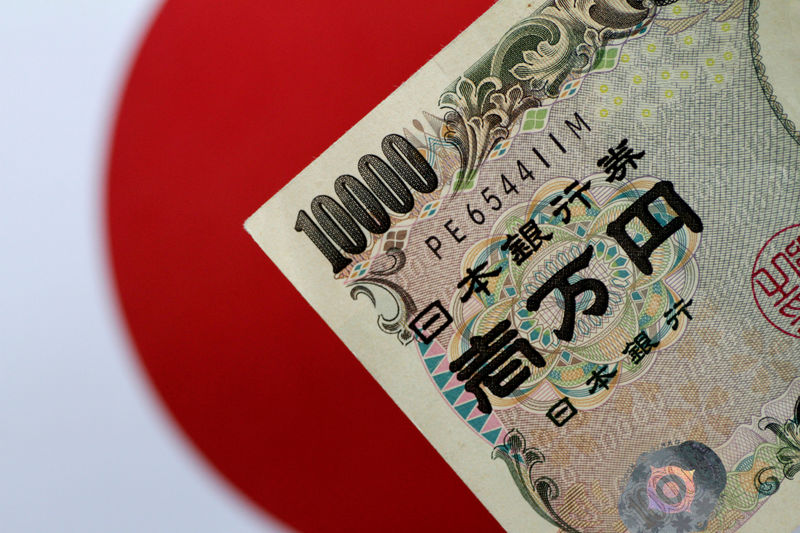Japanese Yen Underperforms, Facing Similar Challenges as Turkish Lira and Argentinian Peso
The Japanese yen, the world’s third most-traded currency, is currently facing challenges similar to those experienced by the Turkish lira and Argentinian peso over the past decade. Experts suggest that key factors such as weak yields and external accounts are contributing to the yen’s underperformance.
According to George Saravelos of Deutsche Bank AG, the yen has experienced losses against the dollar, standing at 15% this year. In comparison, the lira and peso have dropped by 51% and 97% respectively. Saravelos points out that record low real yields, resulting from the Bank of Japan’s unique yield curve control and reluctance to raise interest rates, have led to a slow capital flight from domestic investors into foreign assets.
The unattractiveness of Japanese government bonds due to their low yields has prompted Japanese investors to seek higher returns elsewhere. Saravelos compares the yield of a 5-year Japanese Government Bond (JGB) with a nominal yield of 50bps to a 5-year US Treasury with a real yield of 3%, highlighting the significant difference.
Recently, the yen experienced its largest one-day fall since April following an adjustment to the Bank of Japan’s bond yield cap. This adjustment hinted at a gradual shift away from an ultra-loose stance in Japan’s monetary policy. Despite this downturn, Masato Kanda, Japan’s top currency official, has assured the market of the country’s readiness for necessary intervention.
However, Saravelos warns that such interventions could potentially strengthen the US dollar and accelerate capital outflows from Japan. This, in turn, may deepen Japan’s negative inflation-adjusted local yields and exacerbate its fiscal position and external balance sheet. To stabilize the yen and reduce its volatility, Saravelos suggests significant rate hikes by the Bank of Japan and the halting of its quantitative easing campaign.
It is important to note that the aforementioned article was generated with the support of AI and reviewed by an editor. For more information, please refer to the terms and conditions.



